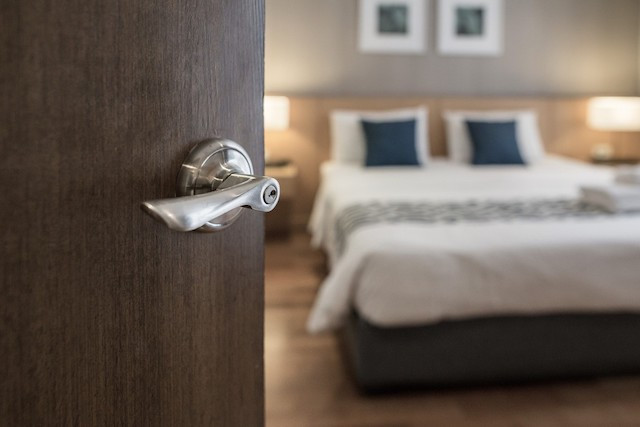Starting in February, the state will cover up to 100% of so-called costs not covered for hotels, provided their turnover is 75% below the 2019 reference period.
Costs not covered include payroll and other operating expenses as well as financial charges and income tax. The government will pay between €30,000 and €300,000 per business, depending on its size and number of staff.
“A lot of our grievances were listened to,” said François Koepp, secretary general of gastronomy business federation Horesca. Restaurants offering take-out will no longer be penalised, he said, as revenue of 25% does not count under eligibility rules.
“Without this, I’m sure many would have stopped take-out,” Koepp said, adding that similar rules should have been introduced for hotels, even though “few businesses still make 25% of revenue” in this field.
“It was about searching for a compromise. Horesca defended the interests of the sector well,” he said, although he would have preferred retroactive aid or support guaranteed until the end of this year.
“Can’t make ends meet”
Rent counts among the costs not covered, a crucial expense in Luxembourg. Marcel Goeres, head of the hotel group of the same name, said that even with subsidies worth 70% of fixed costs he has received “you can’t make ends meet.”
News that the government could soon pay for 100% of costs not covered comes as a relief and allows the hotelier to plan ahead. The hotel group expects an 80% decrease in turnover in 2021, compared to 2019.
With just under 150 employees, it could receive up to €300,000 under the new criteria, which would still not help pay for all monthly expenses though, Goeres said.
And the increase in money won’t be able to make up for what’s missing from previous months, said Goeres as well as fellow hotelier Carlo Cravat.
The Grand Hôtel Cravat in Luxembourg City is currently only around 10% occupied, according to its manager. “We are happy with the government’s reactivity,” Cravat said.
With 24 employees, the hotel stands to receive €150,000 under the new rules, which Cravat said would be sufficient to tide him over. However, he said 25% of revenue for hotels should be protected, as it is for restaurants that are forced to close but are offering take-out and delivery.
“If ever it picks up again and we pass the 25%, we won’t be eligible anymore,” he said of aid payments. “It’s almost better not to work.”
This article was first published in French on paperjam.lu and has been translated and edited or Delano.
